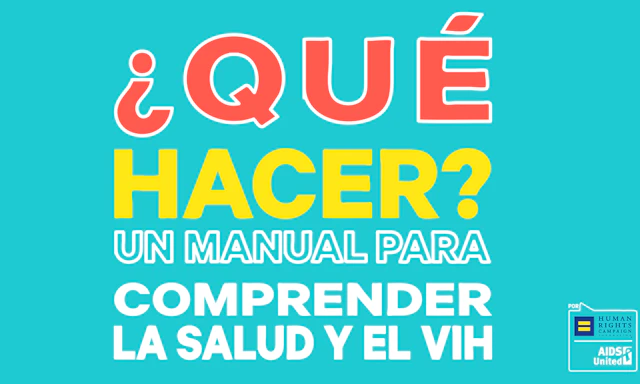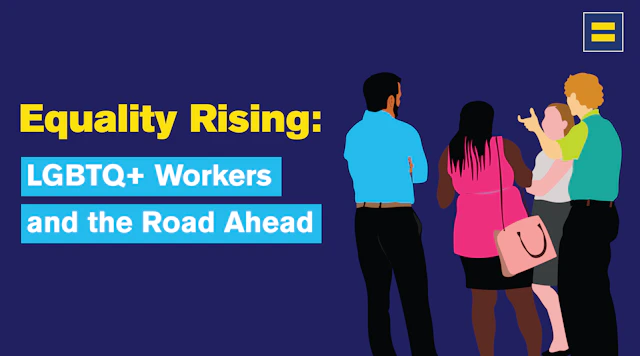
Equality Rising: LGBTQ+ Workers and the Road Ahead

The national findings underscore the persistence of workplace double standards and social isolation faced by LGBTQ+ people.
Since 2008, the Human Rights Campaign Foundation, through its Workplace Equality Program, has conducted four major national studies of the workplace environment for lesbian, gay, bisexual, transgender and queer (LGBTQ+) workers: “Degrees of Equality,” “The Cost of the Closet and The Rewards of Inclusion,” “A Workplace Divided: Understanding the Climate for LGBTQ+ Workers Nationwide,” and now, “Equality Rising: LGBTQ+ Workers and the Road Ahead.”
Over these decades of research, we have been able to better identify the key shapers of the workplace climate for LGBTQ+ inclusion, which includes everyday non-work-related conversations, daily interactions with one’simmediate supervisor and working group, and the comfort with, and acceptance of, LGBTQ+ identities and communities by their colleagues.
In "Equality Rising", HRC Foundation seeks to help contextualize the current workplace climate and experiences of LGBTQ+ workers.
HRC Foundation found that:
- 84% of LGBTQ+ workers, are out to at least one person in their current job, compared to 54% in 2018's report A Workplace Divided
- 40% of LGBTQ+ workers have withheld their identity at their job due to fear of being stigmatized or facing violence at work
- 35% of LGBTQ+ workers have heard their colleagues make jokes and/or negative comments about gay or lesbian people, or about transgender people
- 31% of LGBTQ+ workers say their colleagues seem uncomfortable when they talk about their sexual orientation.
- 45% of transgender and non-binary workers say their colleagues seem uncomfortable when they talk about their gender identity
- 54% of Transgender and non-binary workers say they have felt unhappy or depressed at work

Love Conquers Hate


